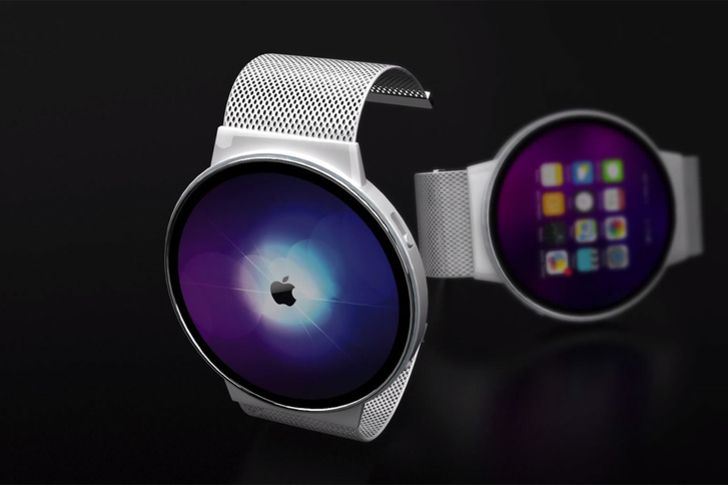Apple will allegedly hold an event this autumn to finally unveil its much-anticipated wearable device.
According to website Recode, which has a good track record and a relationship with Apple, the Cupertino-based company has reportedly set a tentative launch date for an October event. Apple apparently plans to use the special event to show off a new wearable device. There's no word on what that device will be exactly, but it should work very tightly with the fitness data-gathering app and HealthKit shown off at WWDC 2014.
Apple's Worldwide Developer Conference kicked off earlier this week without any word about when fanboys and consumers might see an iWatch or wearable gadget from Cupertino. This led many to speculate if Apple would ever tackle the wearables market. But then the company released an advert yesterday that basically showed the world it is already spearheading wearables with its versatile iPhone as well as third-party fitness apps and app-enabled accessories.
READ: Apple says it’s ready for wearables now, even without an iWatch launch
However, apart from health-focused software and existing hardware, the company does have more up its sleeve. Eddy Cue, senior vice president of Internet Software and Services at Apple, recently admitted at Recode's Code Conference that Apple will shake things up dramatically in the second-half of 2014: “Later this year, we’ve got the best product pipeline that I’ve seen in my 25 years at Apple,” he said.
As for that mystery wearable device set to debut at October's special event, website Nikkei, which also has a good track record, said the device would likely feature a curved OLED touchscreen. It would also track health-related data like calorie consumption, sleep activity, blood glucose, etc, and it'll even allow users to read texts sent from smartphones.
READ: What will inspire Apple's round iWatch design?
But that's not all: Apple is supposedly so confident in this new wearable gadget that it has predicted a monthly commercial output of about 3 million to 5 million units after launch.

